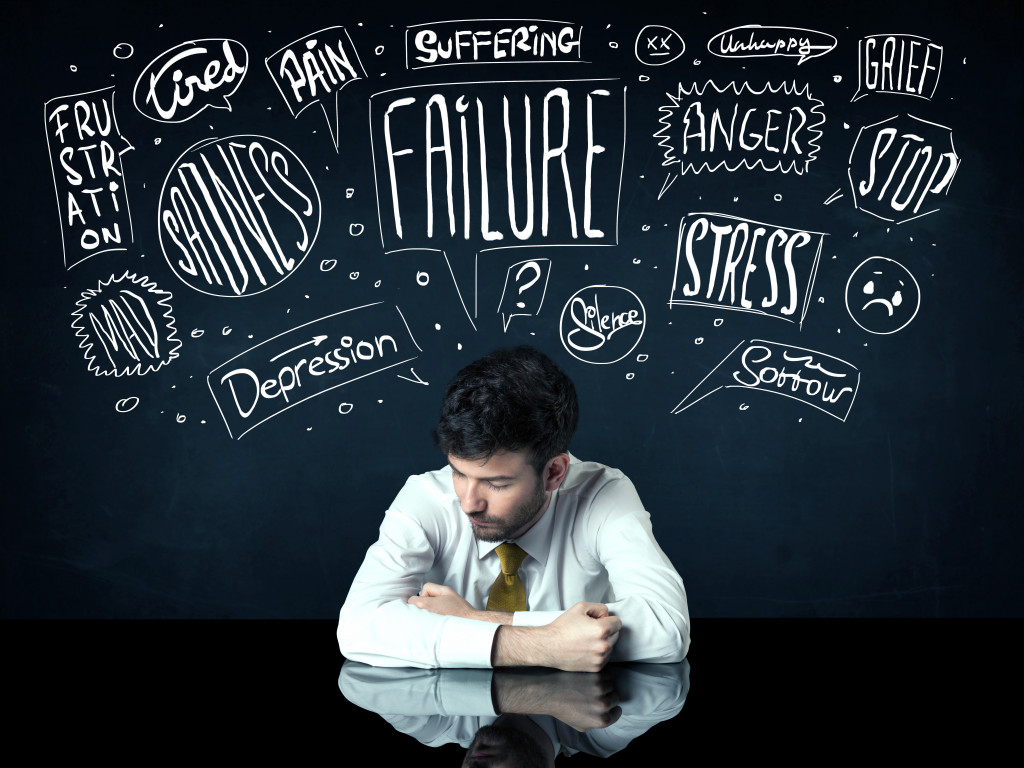Everyone experiences stress from time to time. It’s a normal response to challenges in life. Stress can come from positive events like getting married or starting a new job. But it can also come from negative experiences like losing a job or dealing with a difficult situation.
Stress is your body’s way of preparing you to deal with a challenge. When you feel stressed, your heart rate and blood pressure increase, your breathing quicken, and muscles tense up. This “fight-or-flight” response gives you the energy and strength to deal with a dangerous situation.
In small amounts, stress can be helpful. It can motivate you to meet a deadline at work or study for an exam. But when stress is constant, it can take a toll on your physical, mental, and emotional health.
Stress on Your Physical Health
Stress is a part of life, but it shouldn’t take over your life. Unfortunately, for many people, stress can lead to physical health problems. Chronic stress can have adverse effects on your immune system, digestion, heart health, etc.
For example, stress can affect your eating habits. Stress can cause you to skip meals because you have no appetite. Over time, these changes in eating habits can lead to weight loss.
When you’re stressed, your body releases cortisol. This hormone increases your appetite and can lead to cravings for high-fat, high-sugar foods. Overeating can lead to binge eating and obesity, both of which can put you at risk for several health problems.
Stress and Its Effects on Your Emotional and Mental Health
Although it’s often invisible, stress can significantly impact your emotional health. You may feel more anxious, irritable, or down when you’re stressed. You may also have difficulty sleeping, concentrating, or making decisions. Over time, chronic stress can lead to severe problems such as depression, anxiety, and post-traumatic stress disorder (PTSD).
Ways to Reduce Stress in Your Life
Stress is a part of life, but it doesn’t have to control you. There are many things you can do to manage stress and promote relaxation. Some of the best ones are as follows:
Seek Professional Help

If you’re feeling stressed, it’s essential to seek professional help. This is especially true if your health is already affected by your stress. Know that aside from your doctor, other professionals can help you find ways to manage your stress levels.
Mental health professionals can offer personalized treatment programs for binge eating disorders. Through these programs, you’ll learn how to manage your stressors and develop healthy coping mechanisms. You’ll also have the opportunity to talk with other people who understand what you’re going through and can offer support.
Practice an Active Lifestyle
According to the Mayo Clinic, regular exercise can also help manage the physical symptoms of stress, such as headaches and muscle tension. As well as reducing stress, exercise also has several other health benefits. It can help to boost your energy levels, improve your cardiovascular health and strengthen your bones and muscles.
So, if you’re feeling stressed, go for a run, hit the gym, or go for a swim. Just a few minutes of exercise could make a big difference to your stress levels.
Meditation, Healthy Eating Habits, and Adequate Sleep
Meditation and deep breathing are also excellent stress-reducers. Taking regular breaks throughout the day to clear your mind can also help to relieve stress. In addition, try to get enough sleep and eat healthy meals to keep your body and mind strong.
Laugh More and Enjoy Life
A good laugh reduces stress. Laughter is a form of physical activity that releases the body’s feel-good chemicals called endorphins. Endorphins promote an overall sense of well-being and can even temporarily relieve pain.
A good belly laugh also exercises the diaphragm, contracts abs, and works out shoulder, neck, and face muscles. So not only does laughter feel good, but it’s also good for you! It’s been shown to boost the immune system, ease pain, increase circulation and even burn calories.
One study even found that laughing can increase infection-fighting antibodies and boost cortisol levels (the body’s natural anti-inflammatory hormone). So next time you’re feeling stressed, take a break and watch a funny movie or TV show, read a comedic book or spend time with friends who make you laugh. It’s one of the best (and cheapest!) ways to reduce stress and enjoy life.
Lastly, try to find ways to laugh and enjoy yourself. When you focus on the positive, it’s easier to let go of stress. By making small changes in your daily routine, you can significantly lower your stress levels.
We hope that this article has helped you understand the negative impacts that stress can have on your physical, mental, and emotional health. We also provided some tips on how to reduce stress in your life. By learning how to manage stress, you can live a happier and healthier life.

